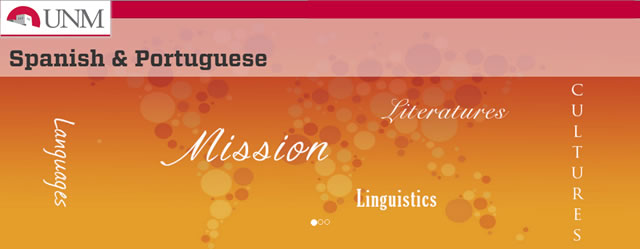
Spanish and Portuguese ETDs
Publication Date
Spring 4-15-2019
Abstract
This thesis presents spoken, written, and drawn histories produced before the Chicano Movement at New Mexico Highlands University in November 1970 and the discourses which have followed in the movement’s wake fifty years later. This qualitative study explores the campus climate at NMHU using the student newspaper Highlands Candle. Its contents from 1968 until 1971 are contrasted with the multiple voices of a generation which adopted the term Chicano as a racial identifier into the NMHU vernacular. Social factors including the formation of student-of-color groups and the return of veterans from the Vietnam War appear to change the student body at NMHU as indicated by Highlands Candle in 1968. The demand by student-of-color groups for representation on campus and the Chicano Movement at NMHU is perceived by the newspaper as a sudden and brief event, but the contrast between written texts and oral histories contributed by participants show quite the opposite. I determine that the Chicano Movement was fomented by a variety of actors two years before the Movement.
Four former NMHU students share their student experience as witnesses of the Movement as observers, activists, and participants in events leading up to the Chicano Takeover at New Mexico Highlands University. This paper synthesizes oral histories recorded in 2018 and sources from 1966 to 1971 to prove that the Highlands Candle had a slow undertaking in reflecting the majority of the student body: students of color, veterans from the Vietnam War, and Spanish-speaking students. The significance of this work is more than outlining the events which led to the appointment of the first Chicano university president in the country, Dr. Francisco Ángel. The comparison of oral histories by members of resistance and social groups in the context of textual artifacts reveals a contrary narrative. Public-facing, accessible written sources and the spoken experiences of participants and observers who bore witness to the Movement at New Mexico Highlands University act as demonstrators and perpetrators of resistance in public accounts. The mobilization of a movement happened in the shadows on campus as recounted by a generation of college students who adopted the Chicano identity as part of the landscape of New Mexico.
Degree Name
Spanish (MA)
Level of Degree
Masters
Department Name
Spanish and Portuguese
First Committee Member (Chair)
Anna Nogar
Second Committee Member
Santiago Vaquera-Vásquez
Third Committee Member
Myrriah Gómez
Keywords
Northern New Mexico, oral history, Chicano Movement, New Mexico Highlands University, Vietnam War Veterans, Educational Reform
Document Type
Thesis
Recommended Citation
Wiggins, Julianna C.. "Written and Oral Histories of the Chicano Movement at New Mexico Highlands University, 1968-1970." (2019). https://digitalrepository.unm.edu/span_etds/121
Included in
Chicana/o Studies Commons, Ethnic Studies Commons, European Languages and Societies Commons, Latin American Languages and Societies Commons, Latina/o Studies Commons, Oral History Commons, Public History Commons, Social and Cultural Anthropology Commons
